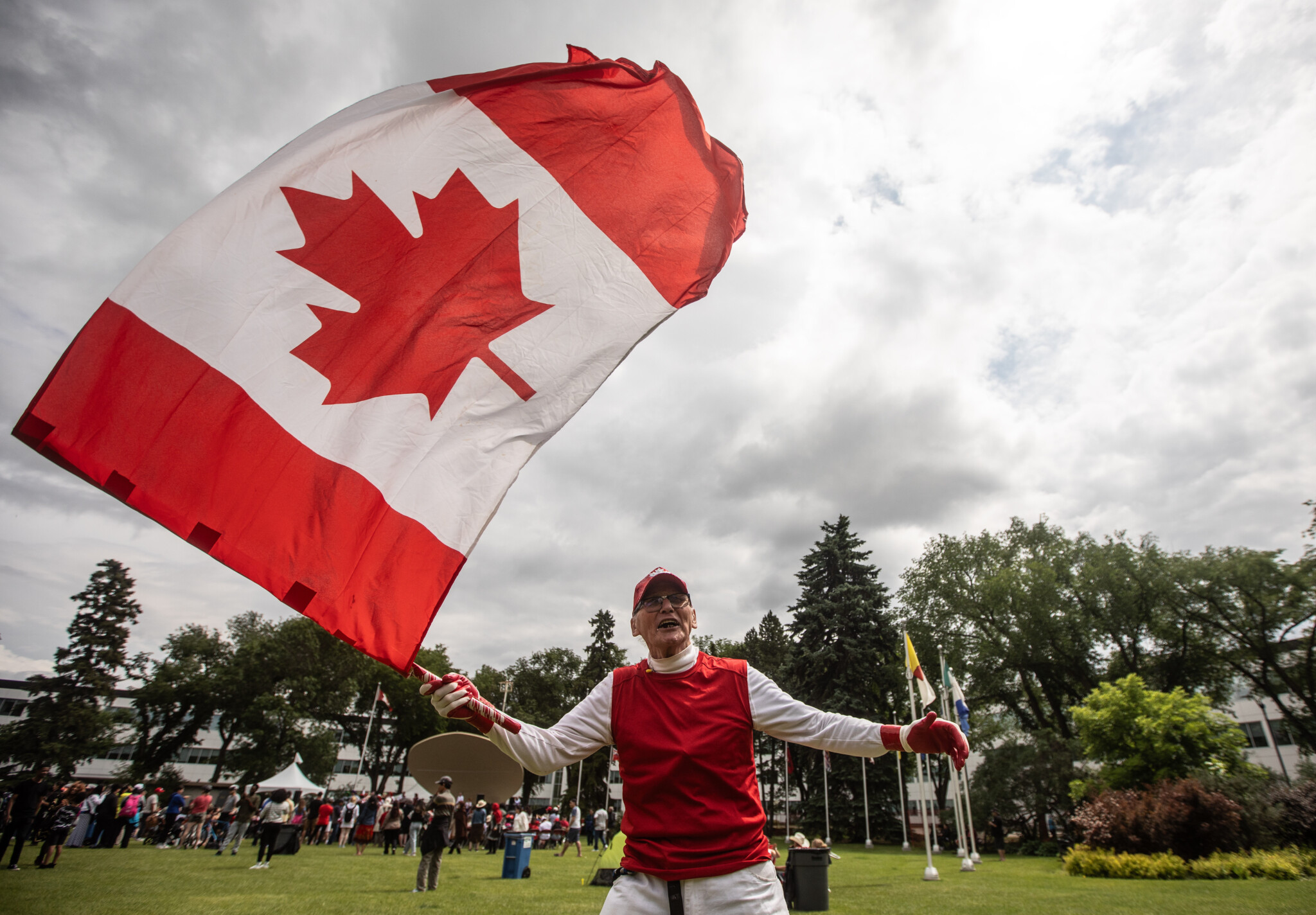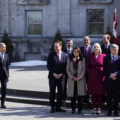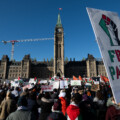The idea that Canada is anything other than a country with an abundant future and the promise of an ever greater population and level of prosperity is a shocking one to most Canadians. Everyone in this country has been encouraged to believe that the future is vastly greater than the past. Recent setbacks in our competitive economic performance and the fact that we have been passed by a number of older countries with much inferior natural resources in calculations of prosperity, especially GDP per capita, has raised some doubts. The animated discussion in the United States and by observers of the United States in foreign countries that that country has entered a period of inexorable decline has also influenced Canadian thinking about the promise and security of our future. But the prospects for the U.S. and Canada are not identical and the differences between these countries are much greater than is readily apparent.

Conrad Black: Canada doesn’t have to be a declining nation
Commentary
17 August 2024

Conrad Black
Conrad Black is a historian, author, columnist, financier, and justice reform advocate.
or
Thank You!






